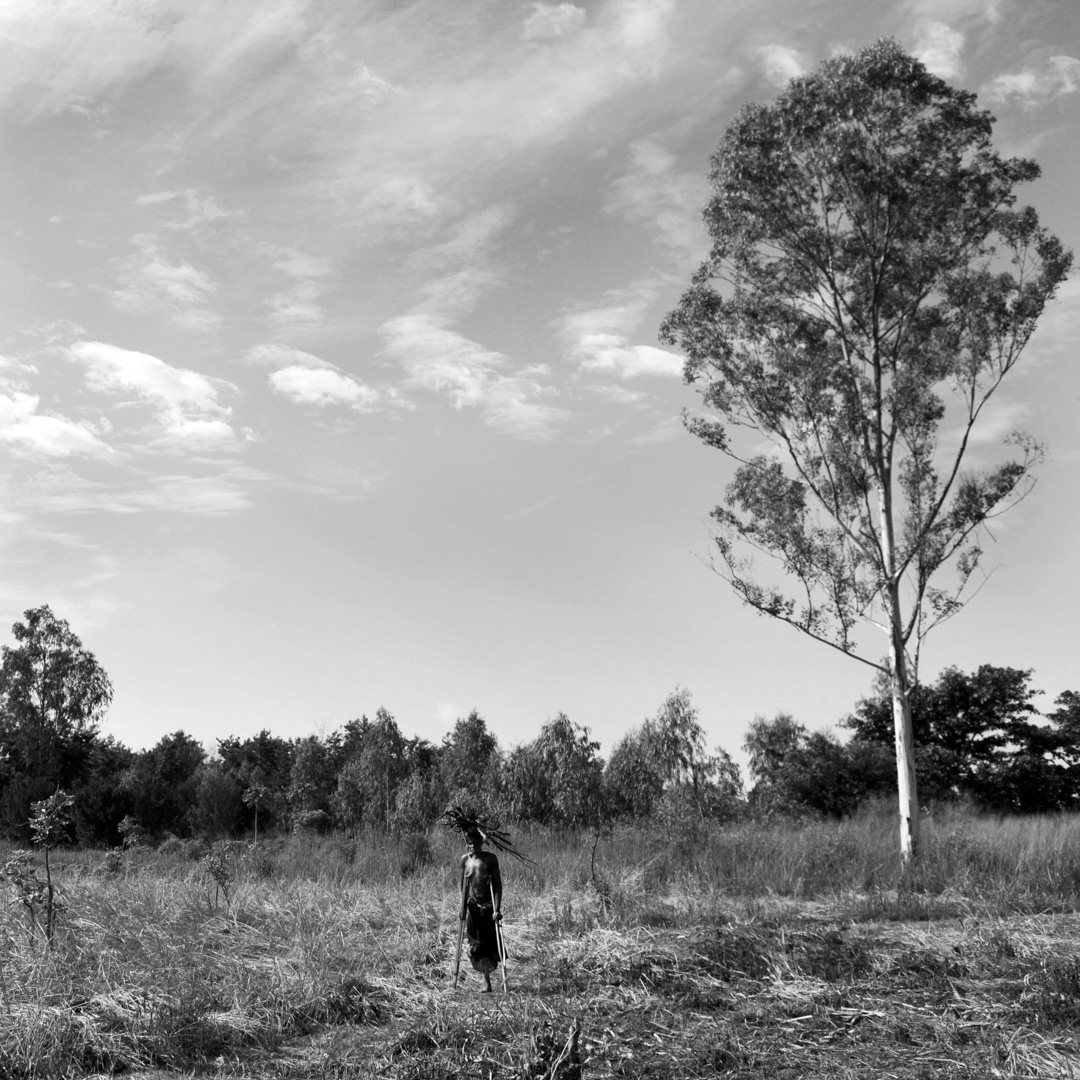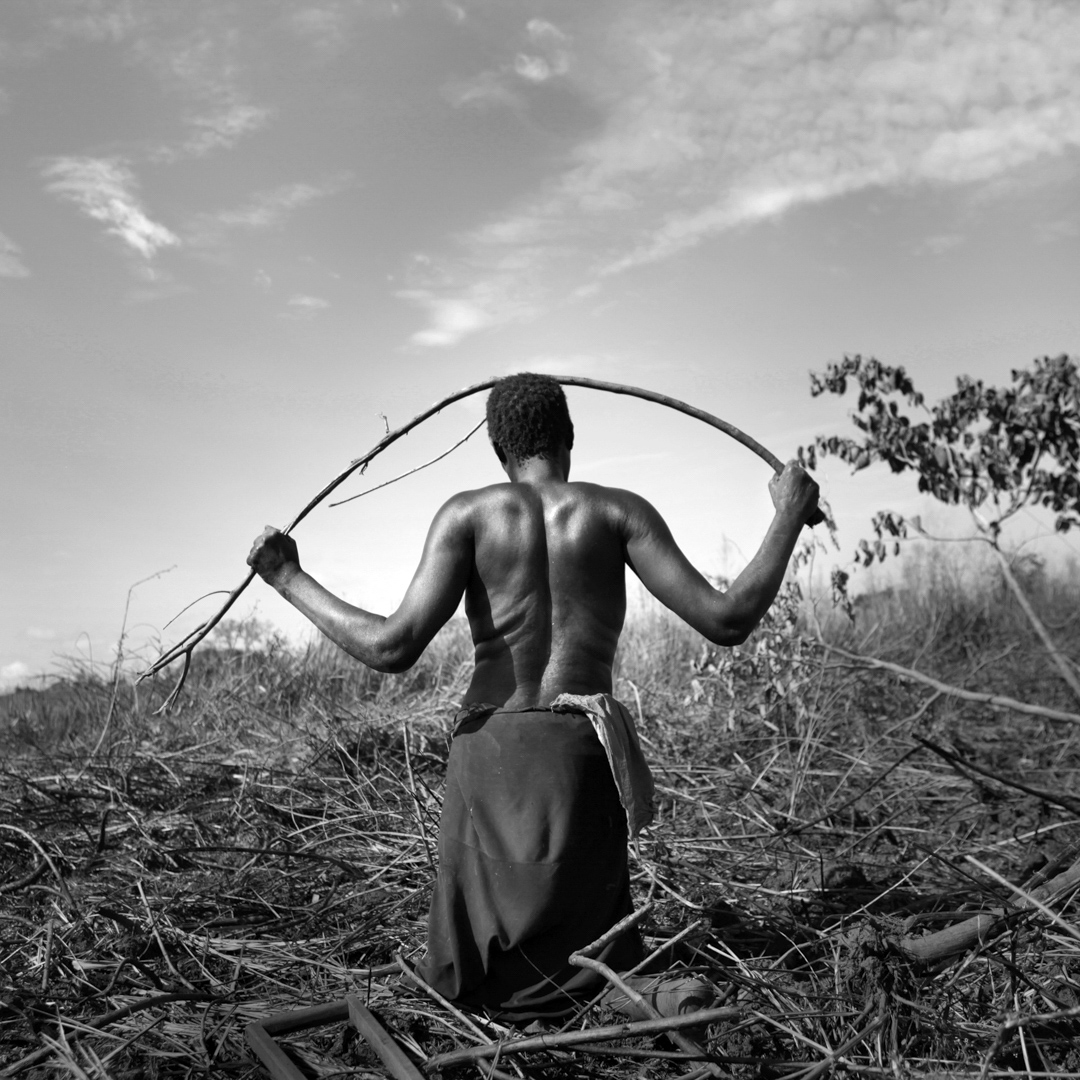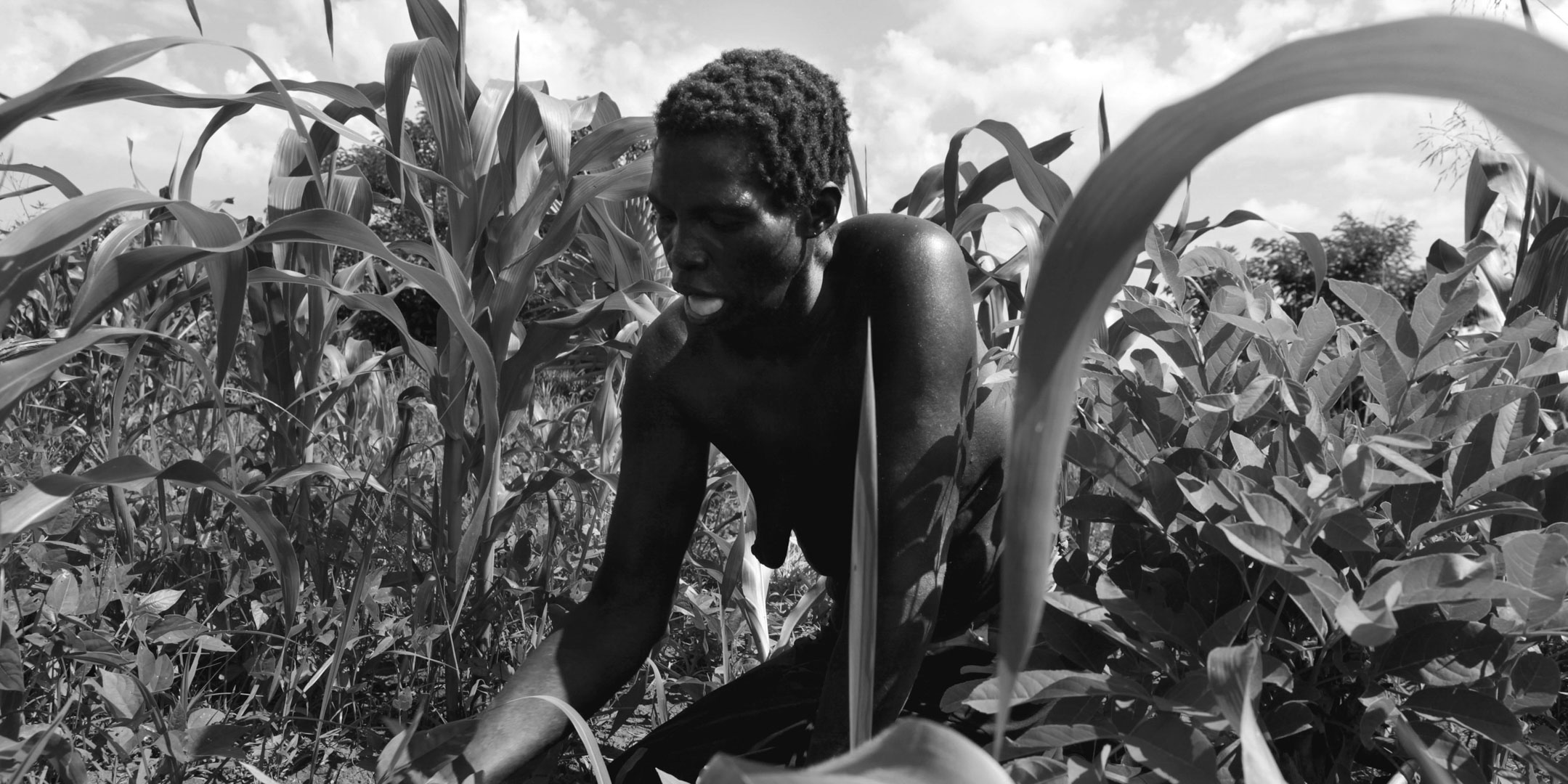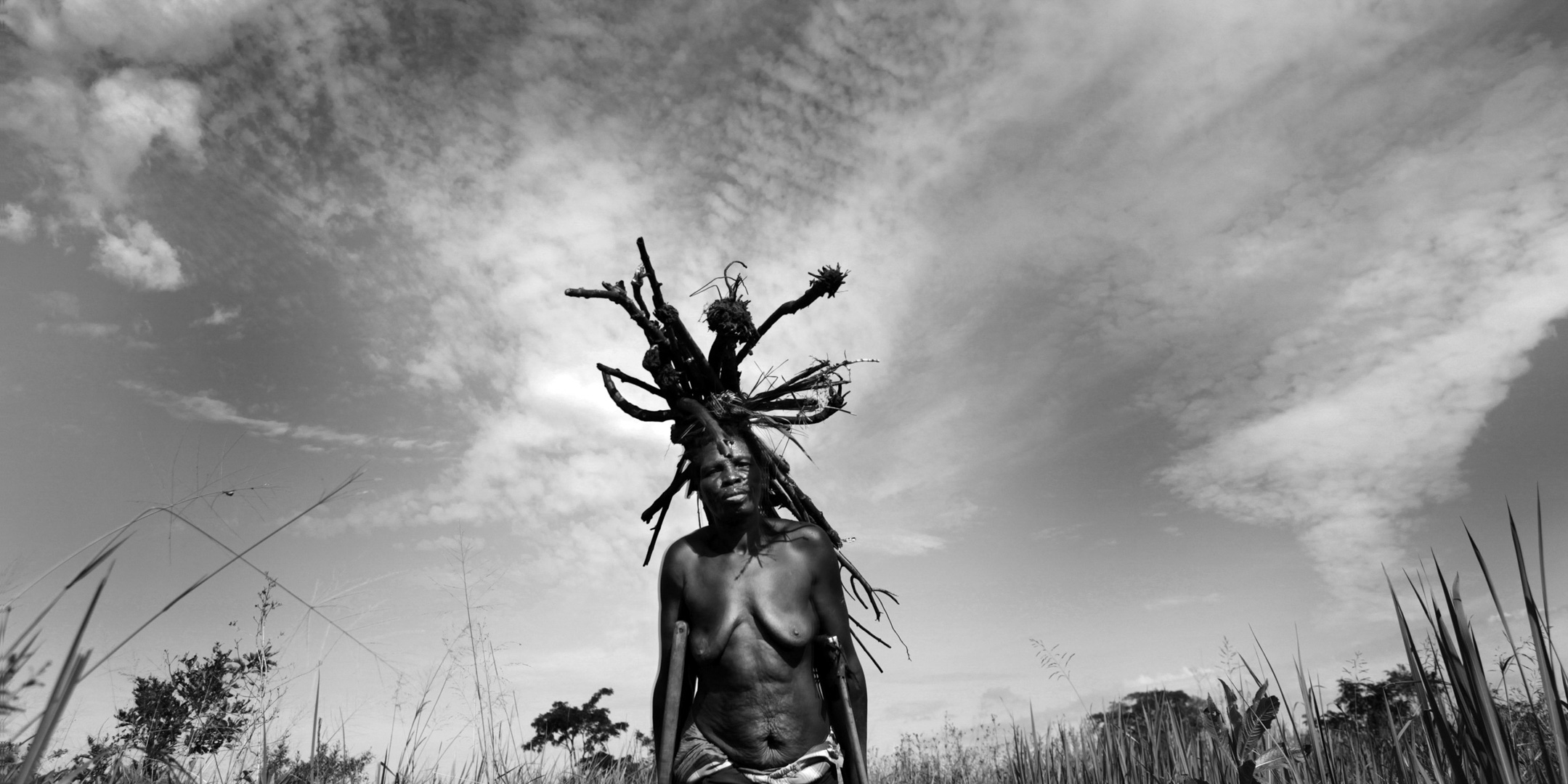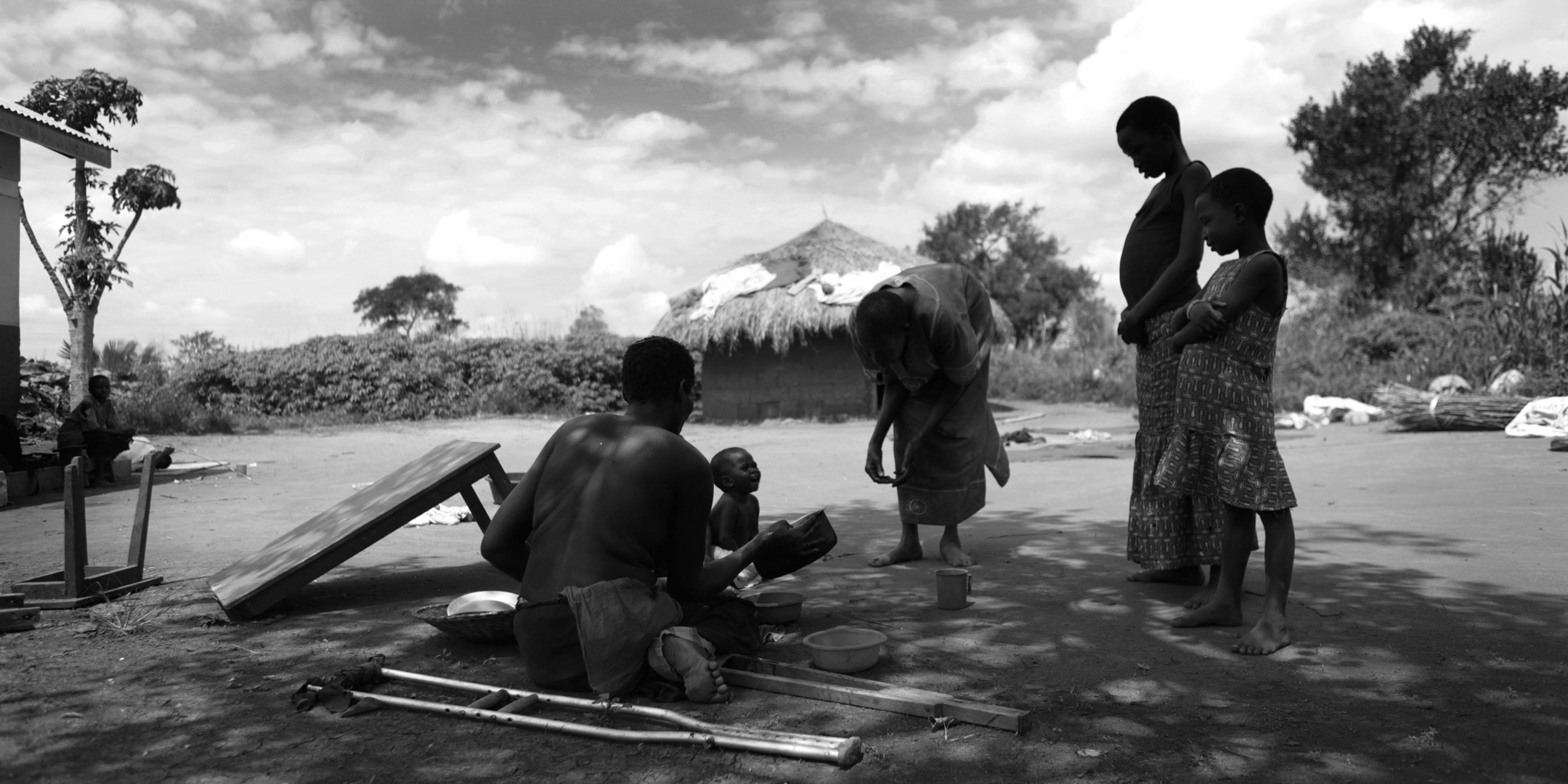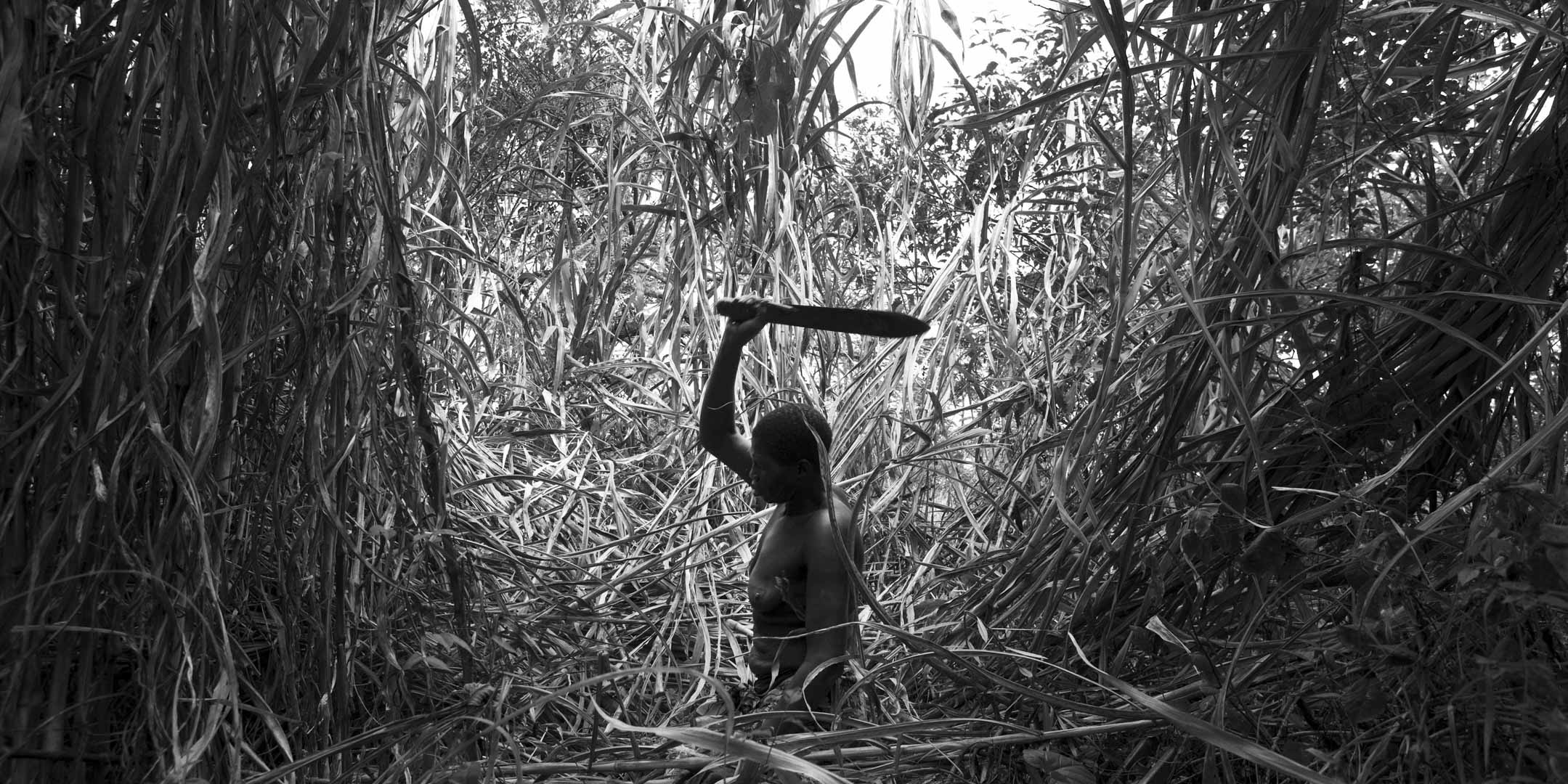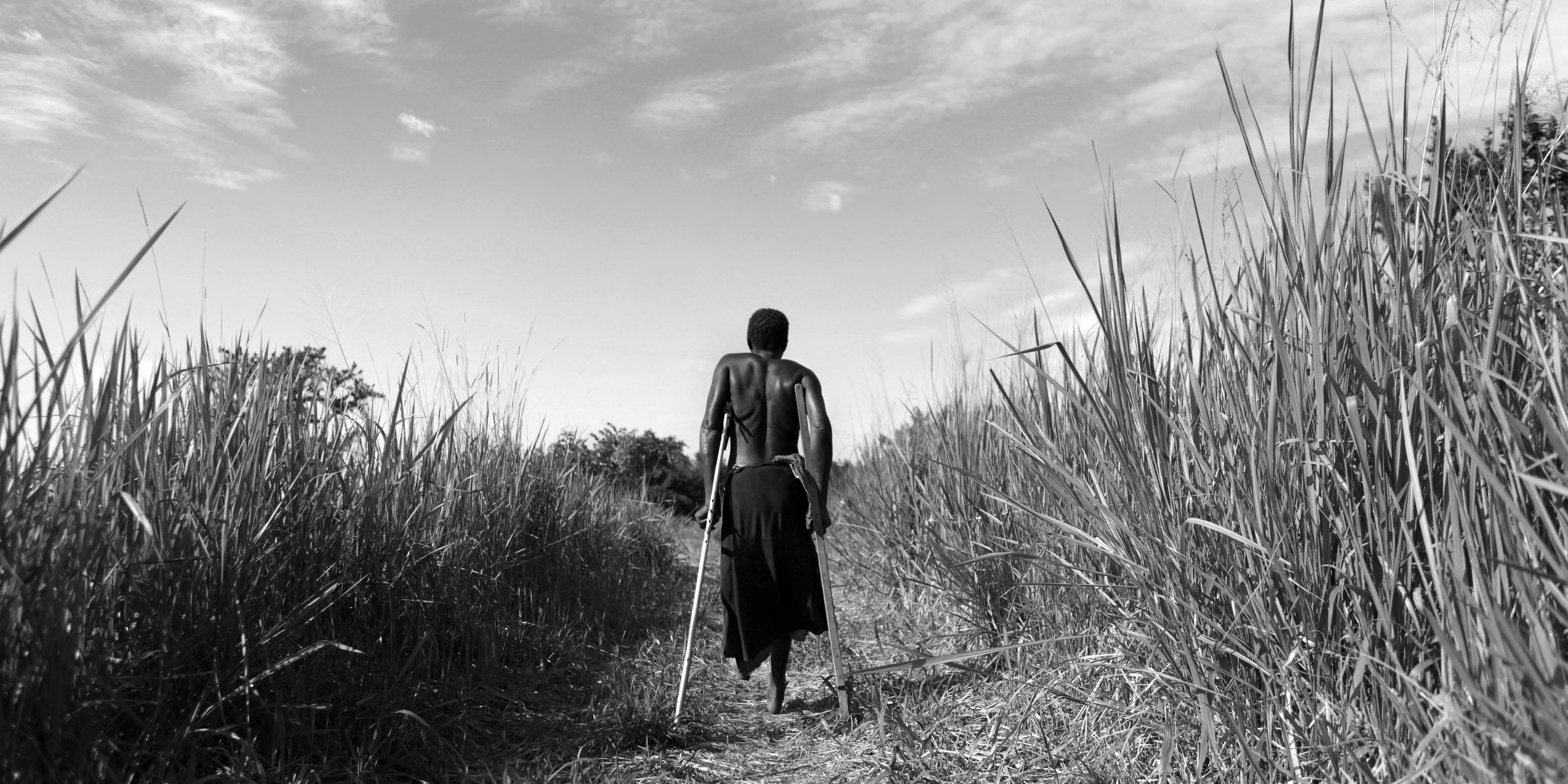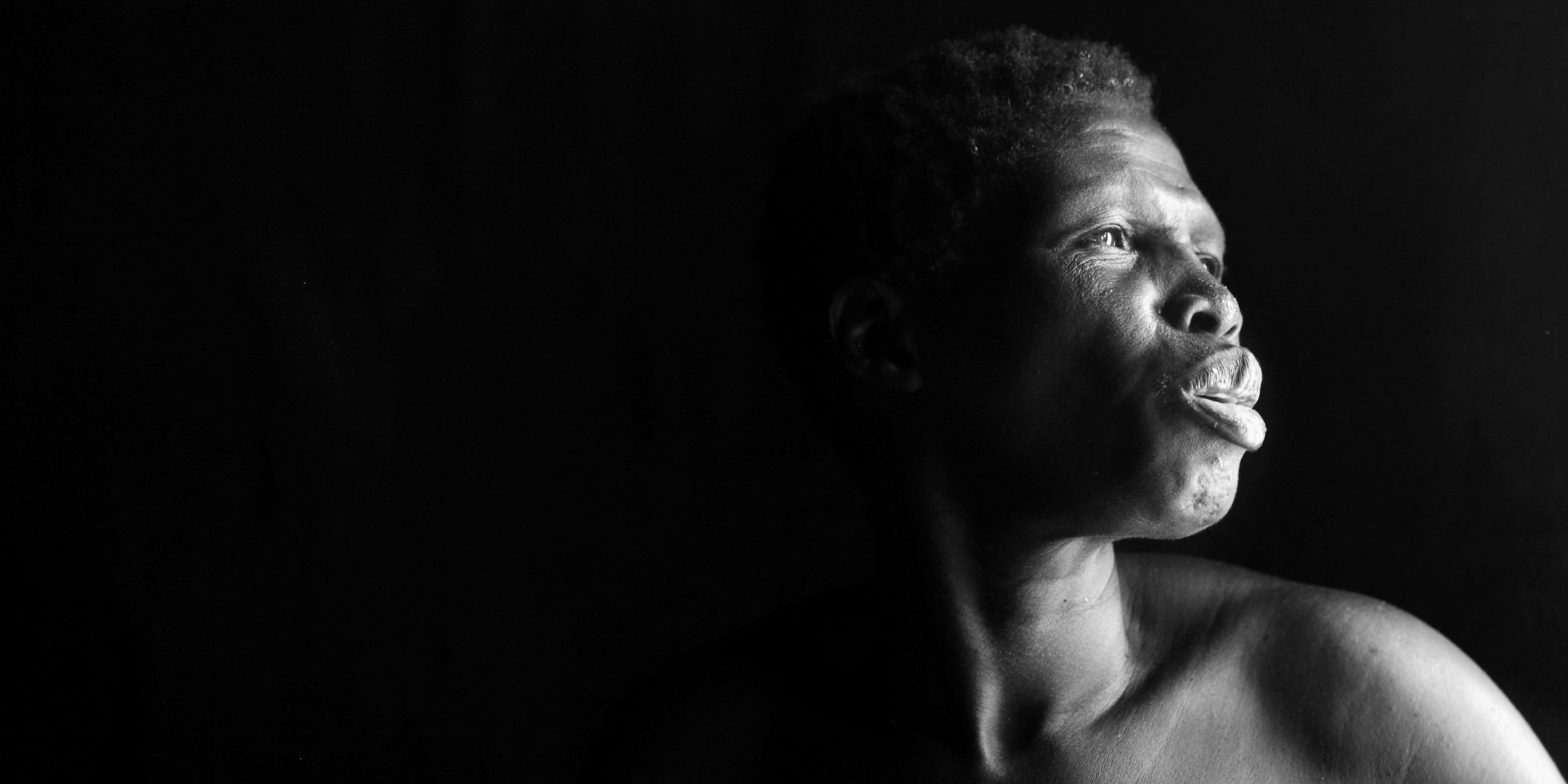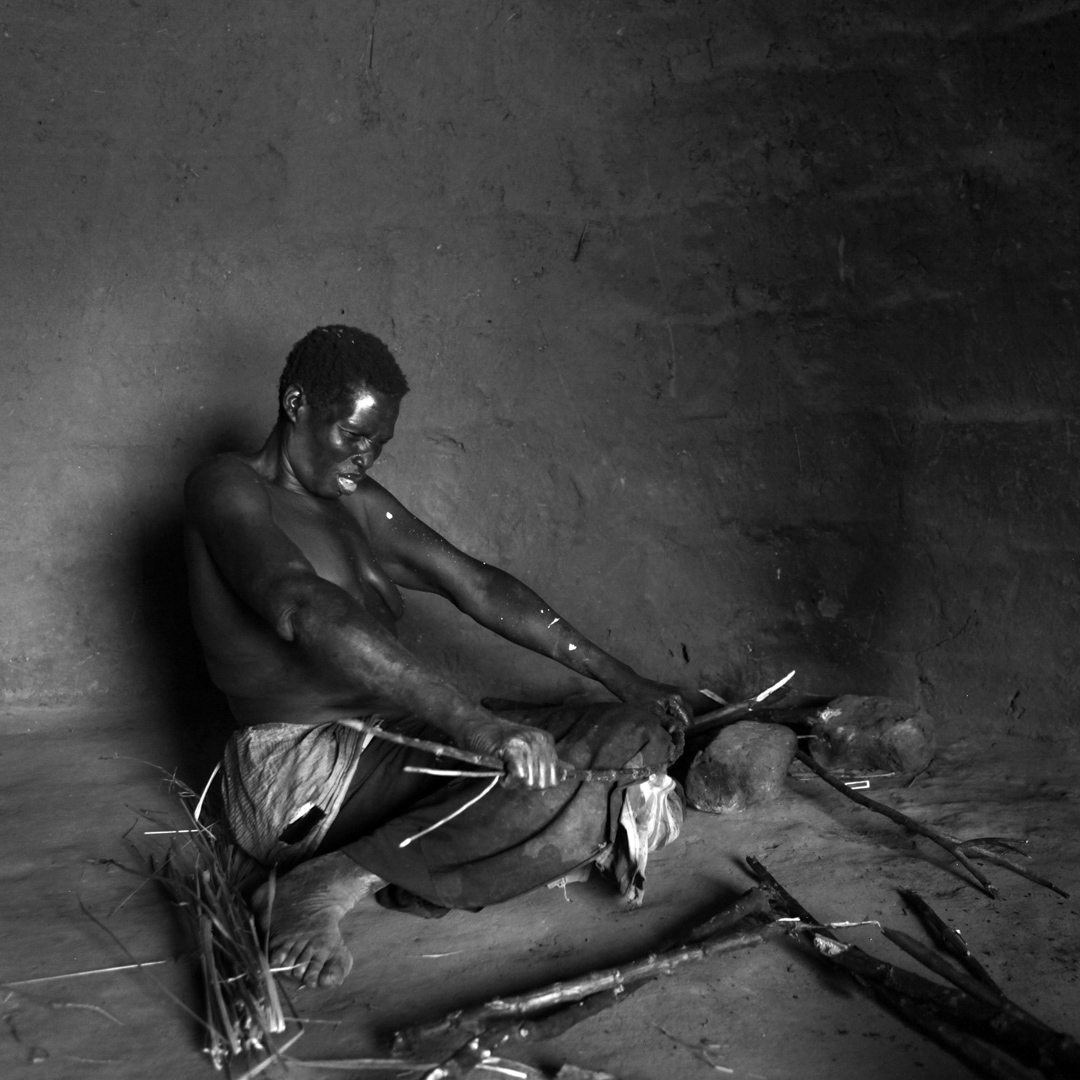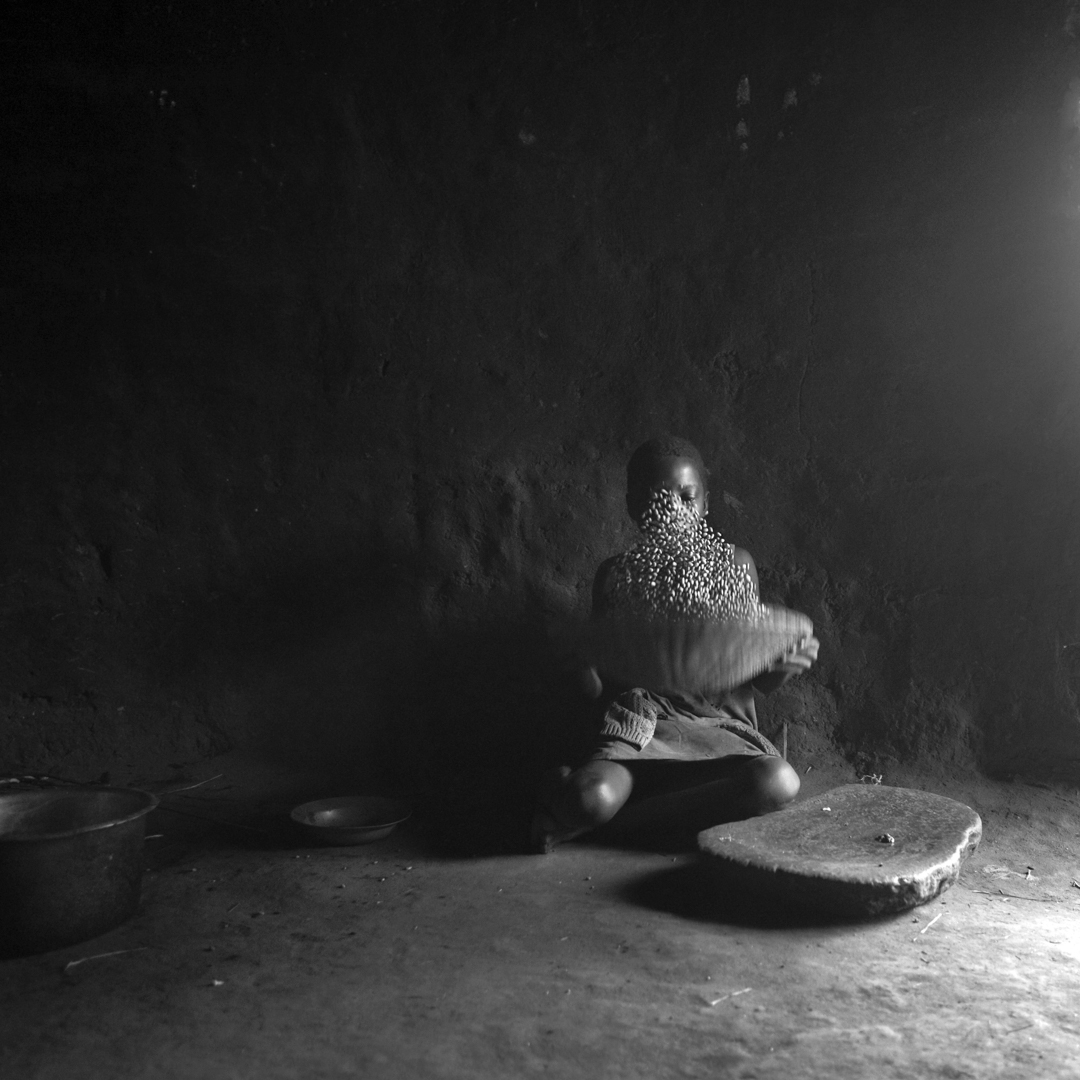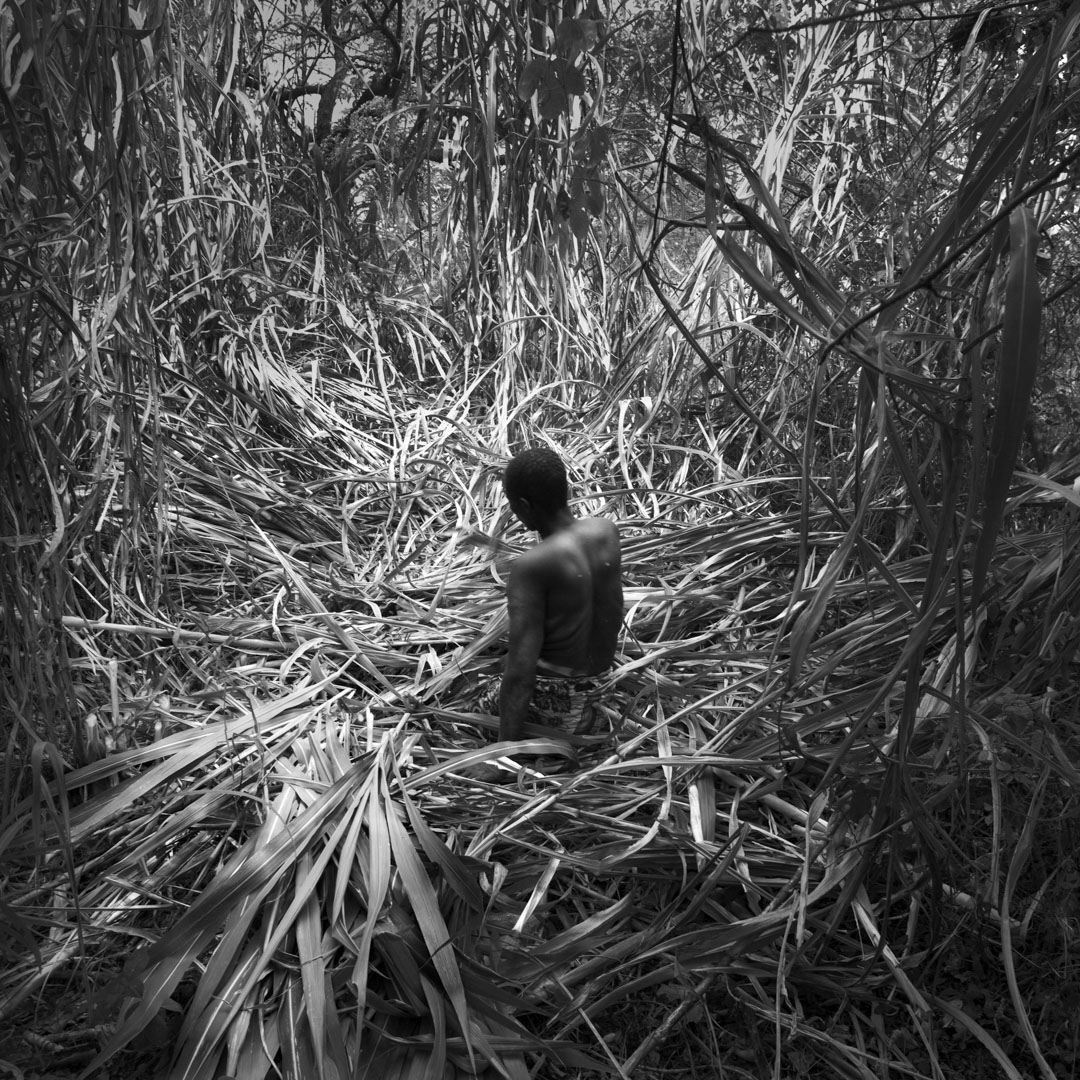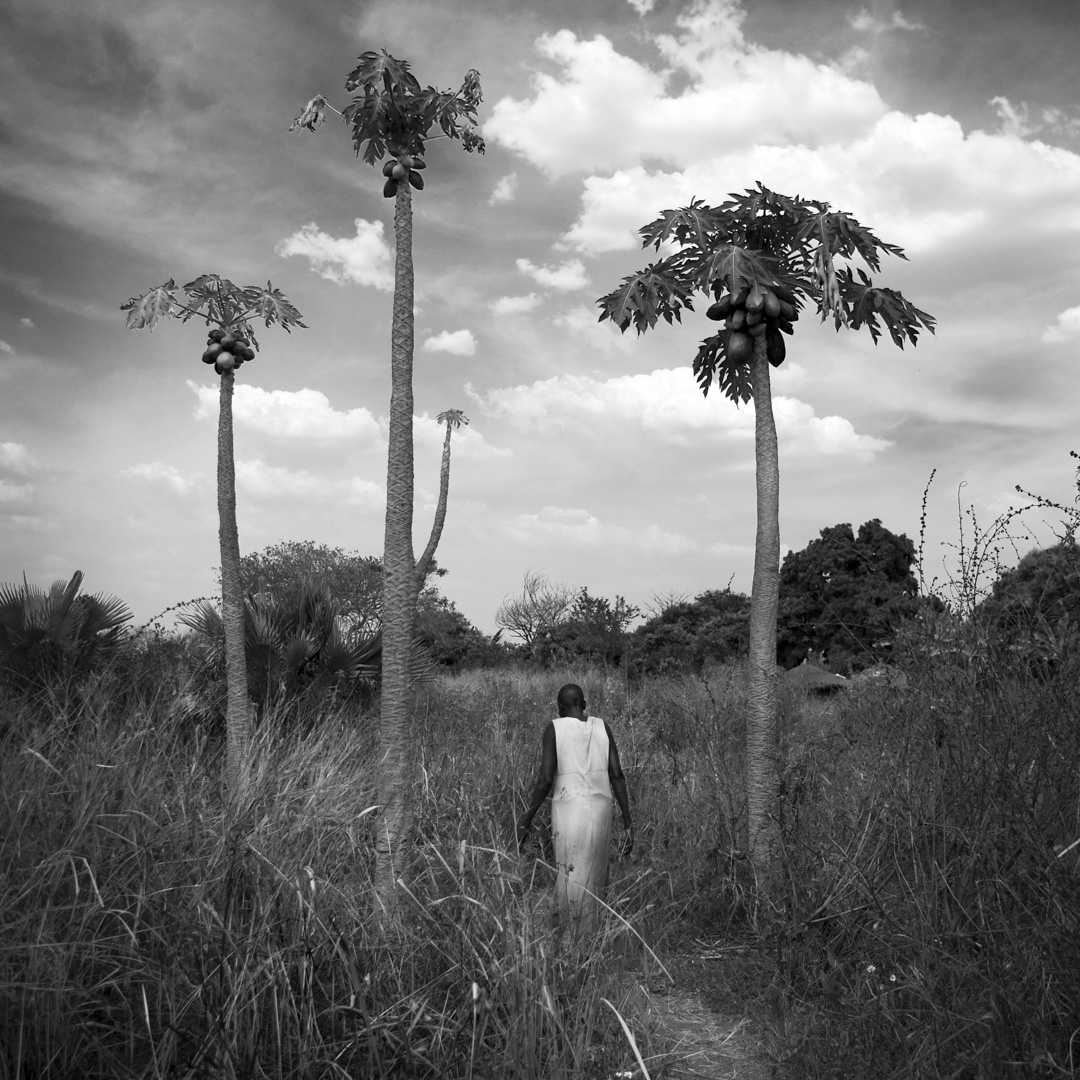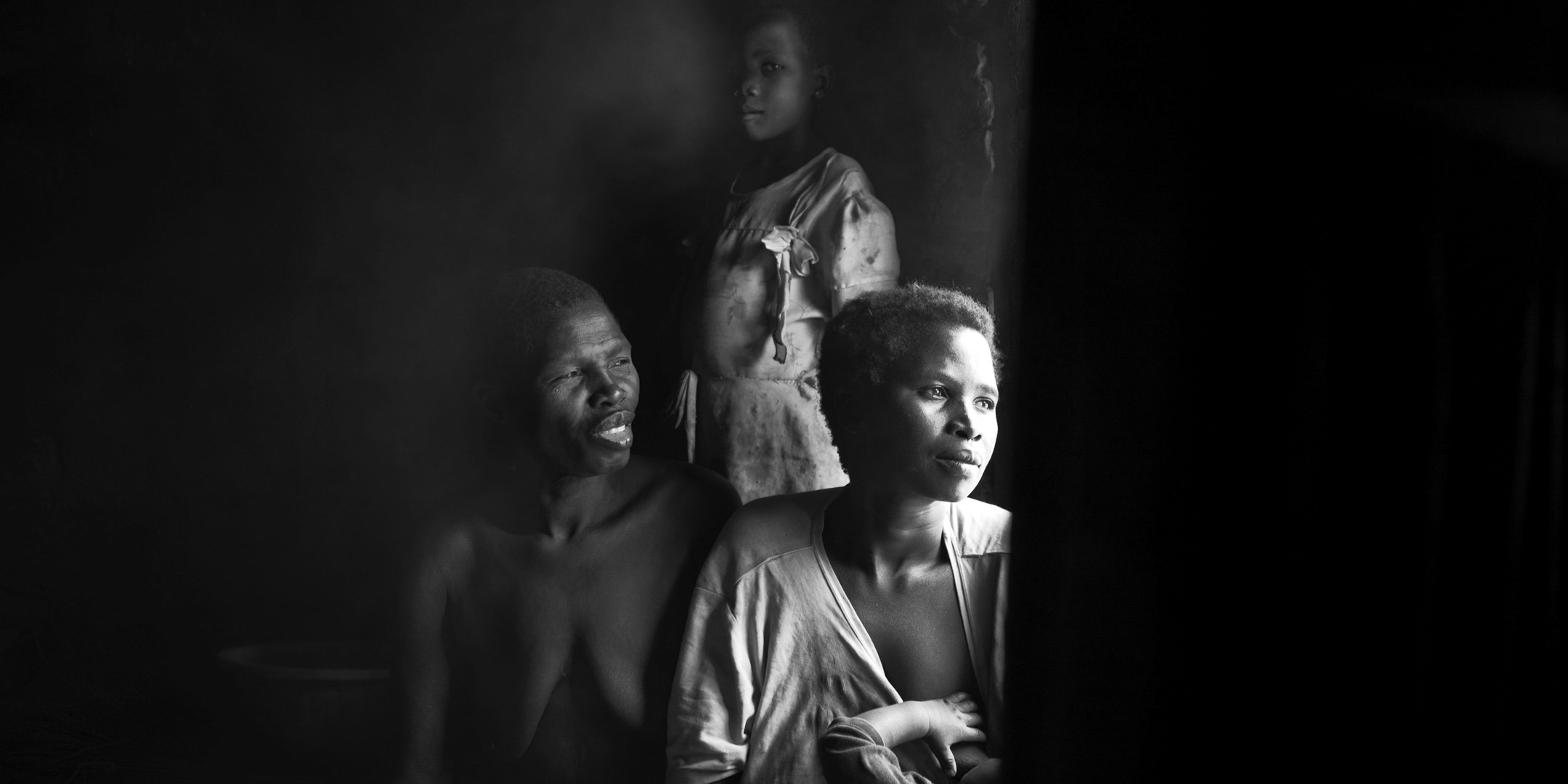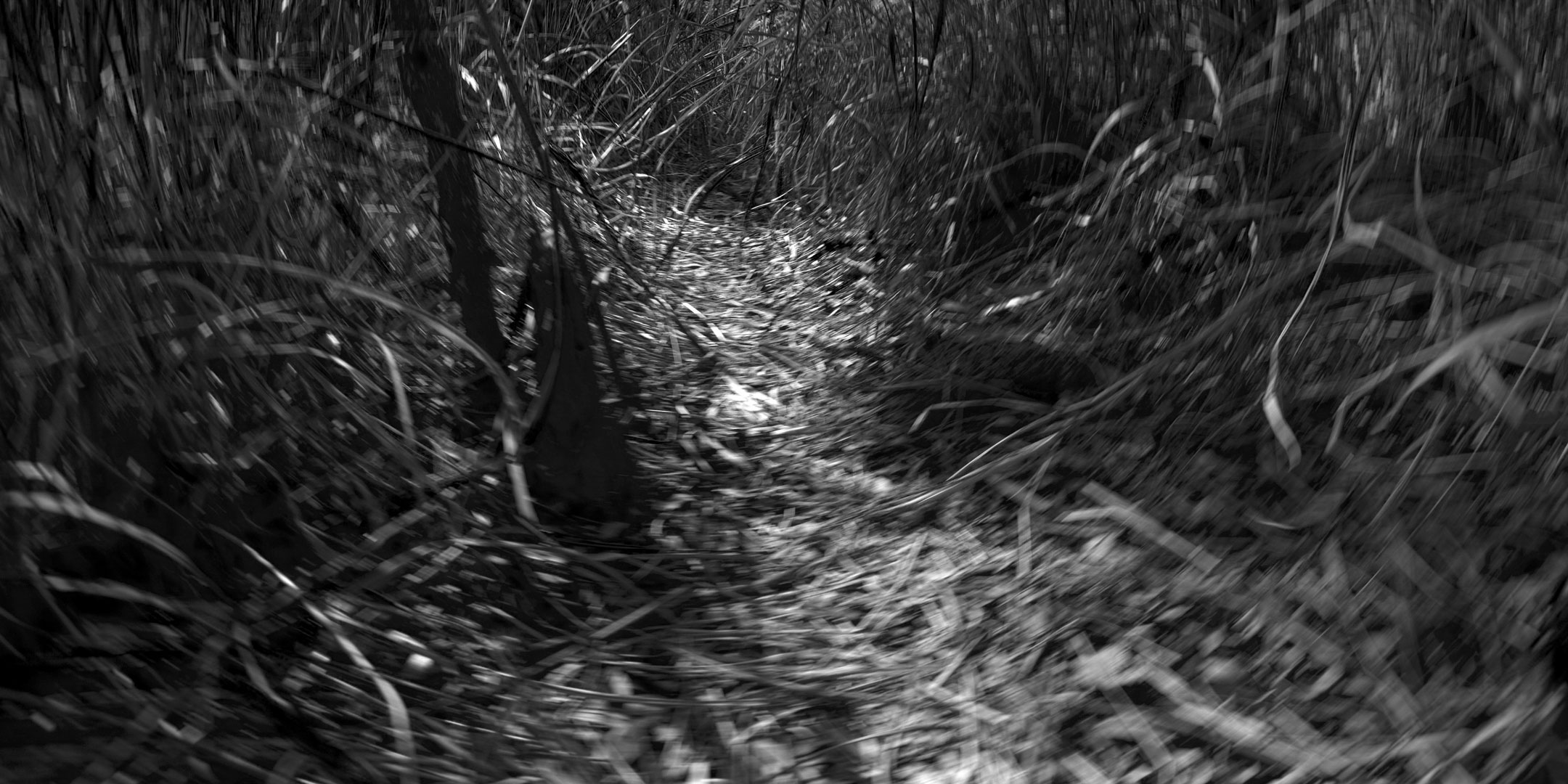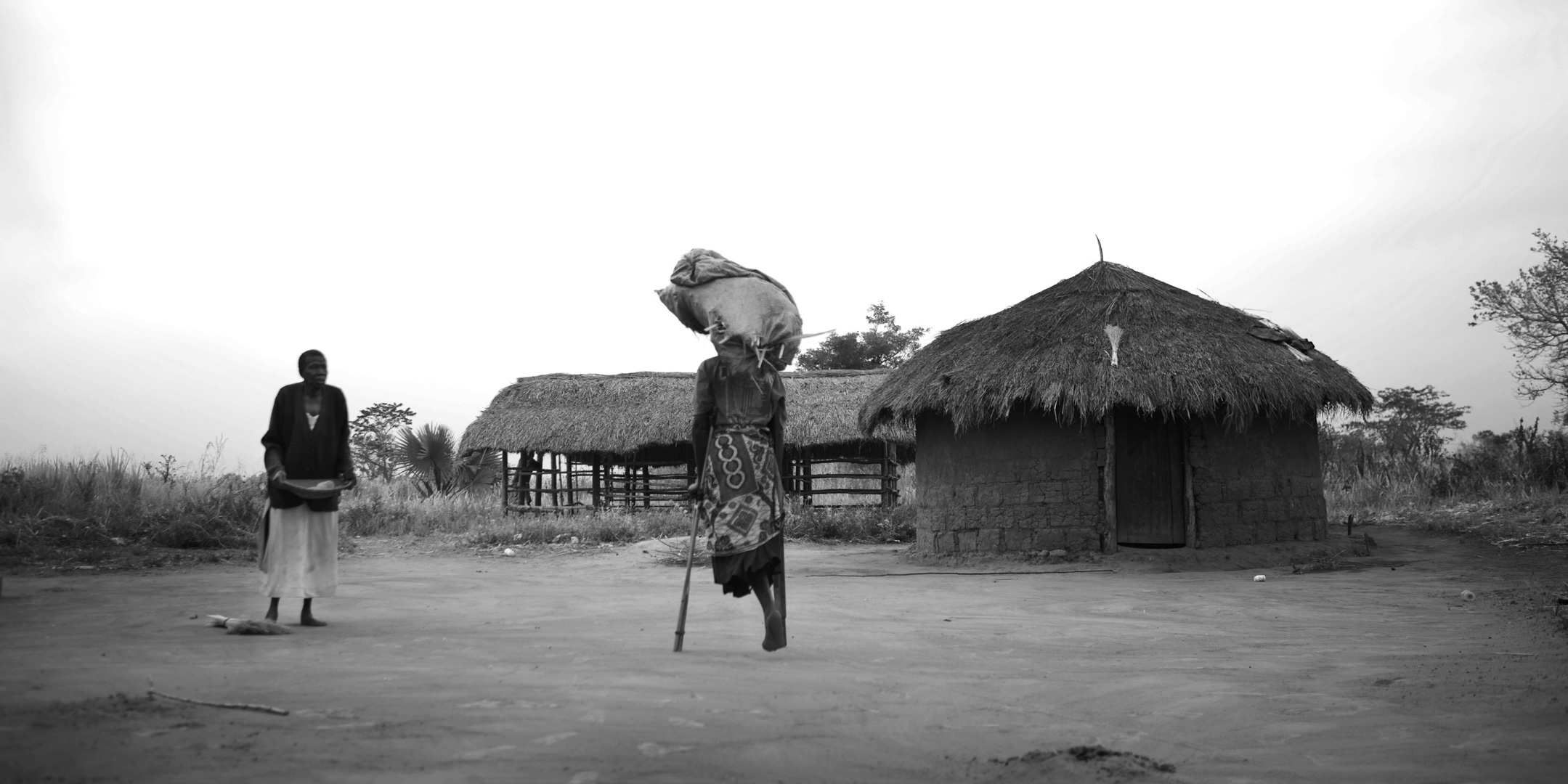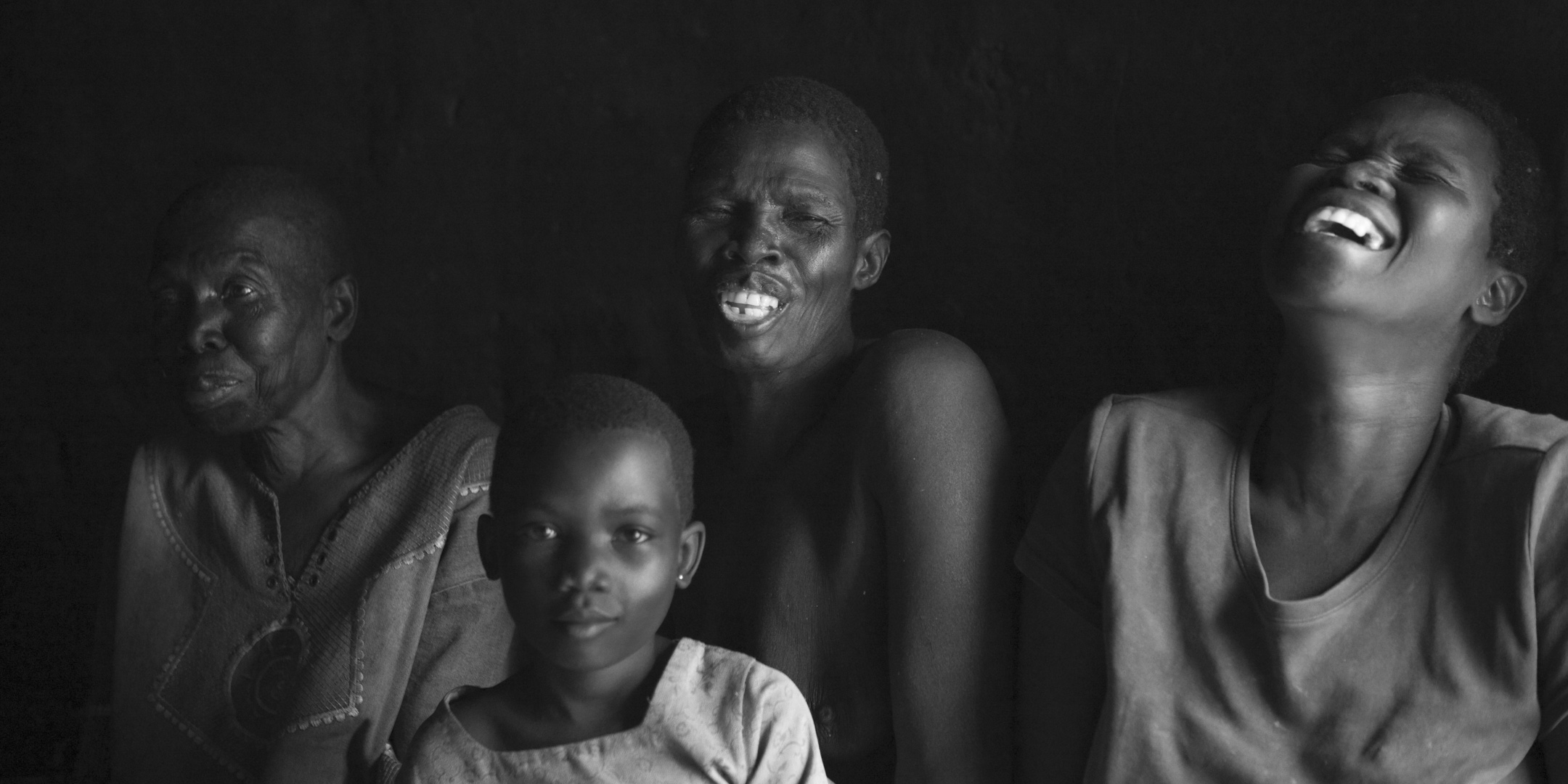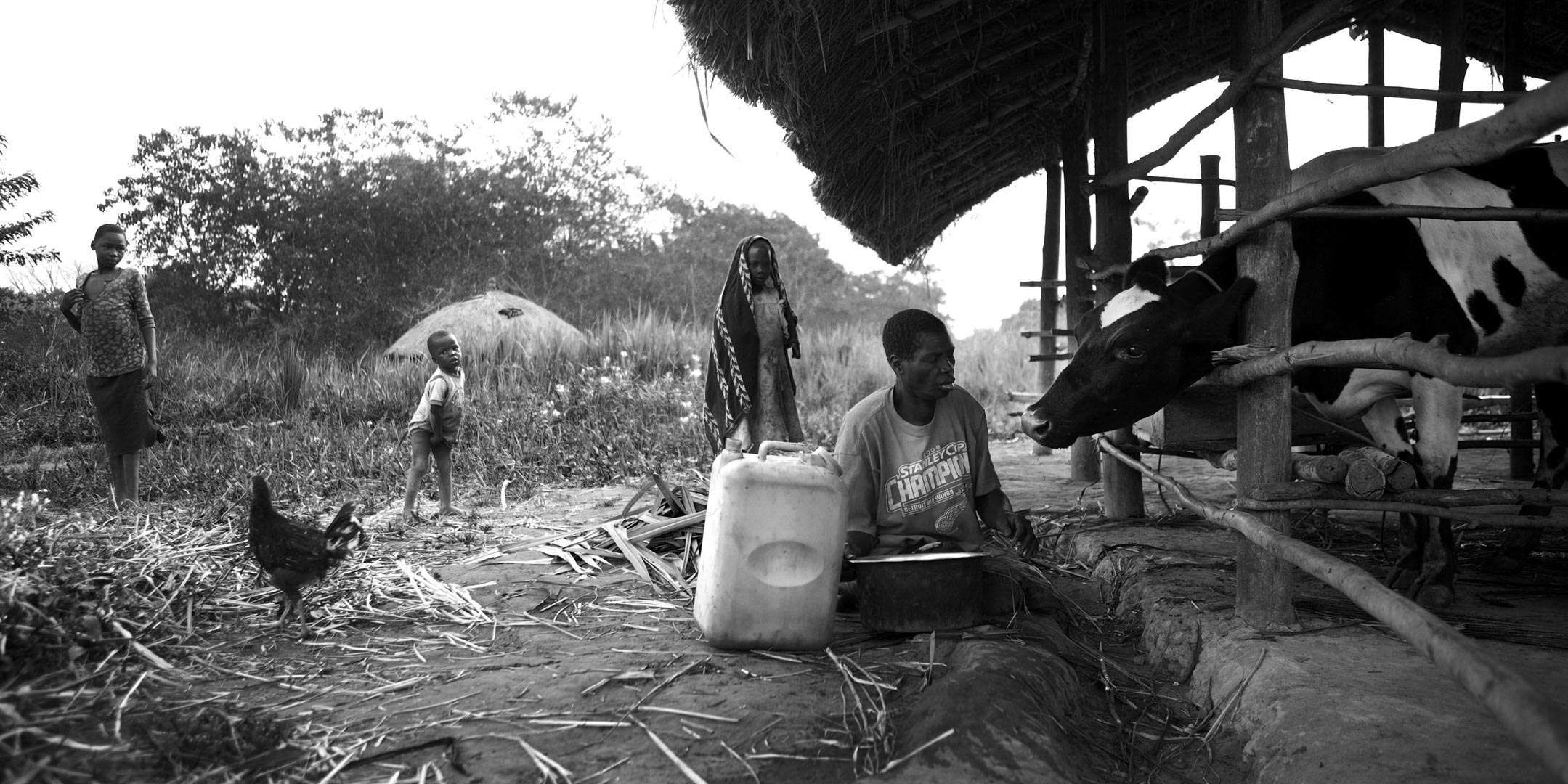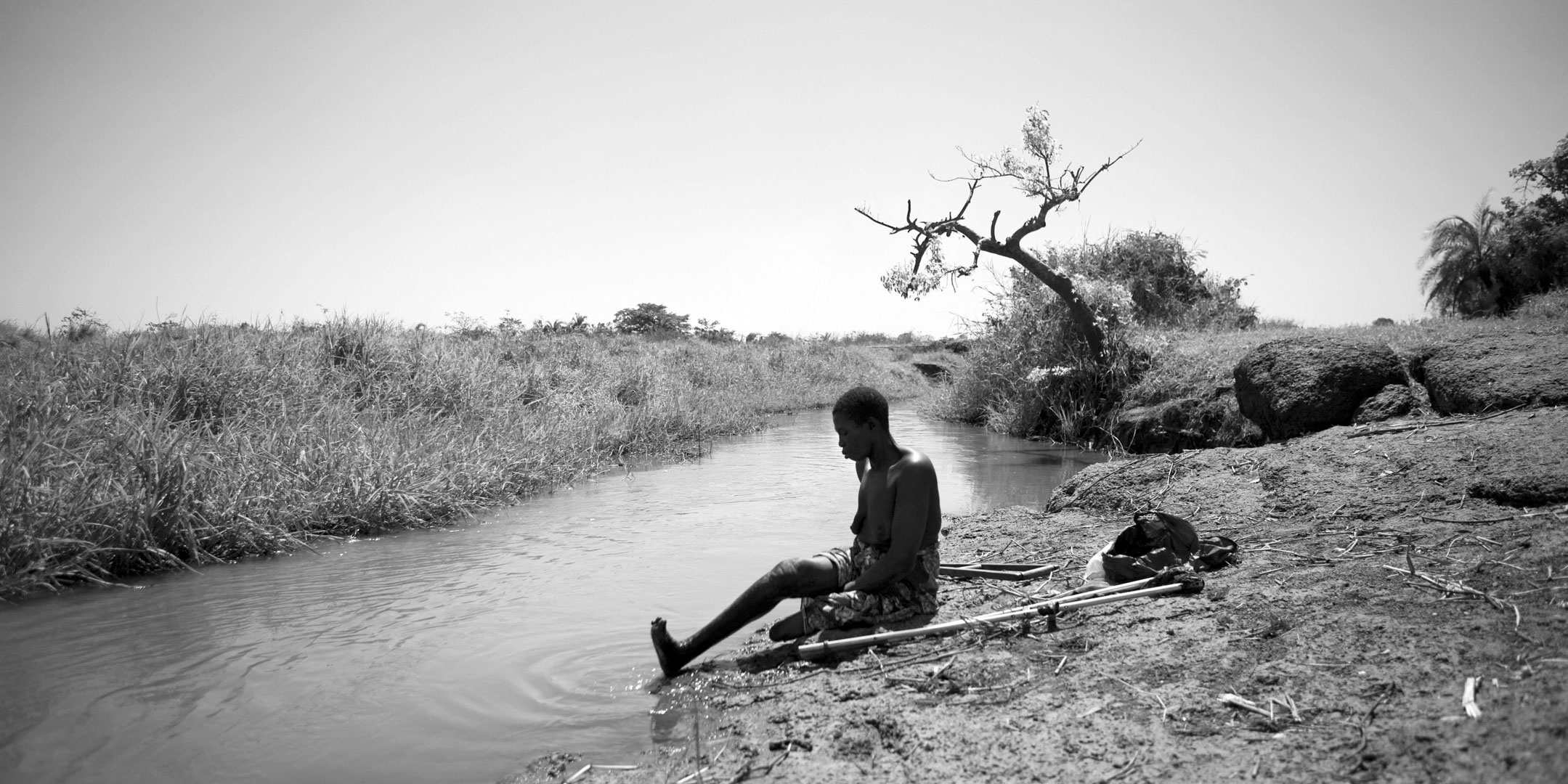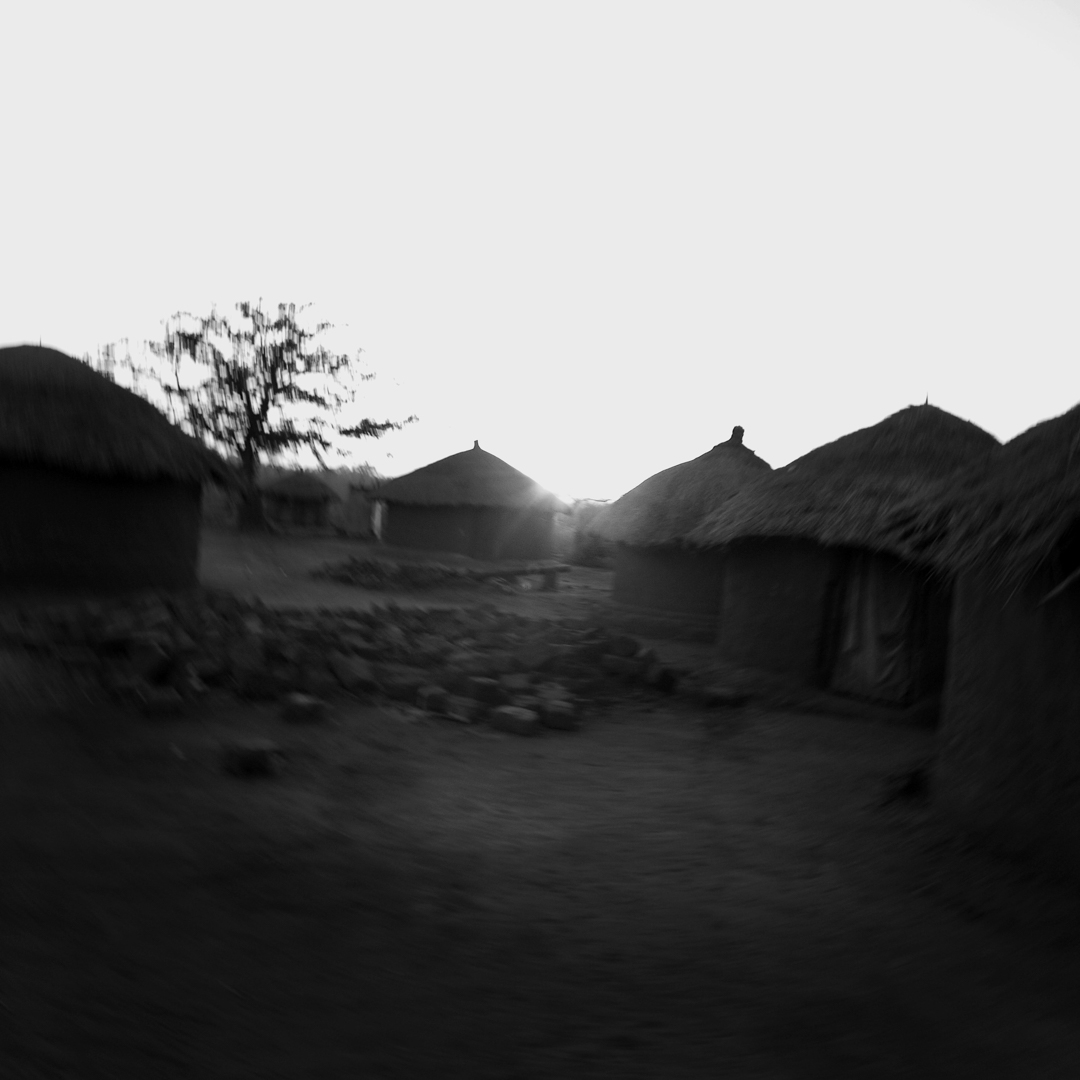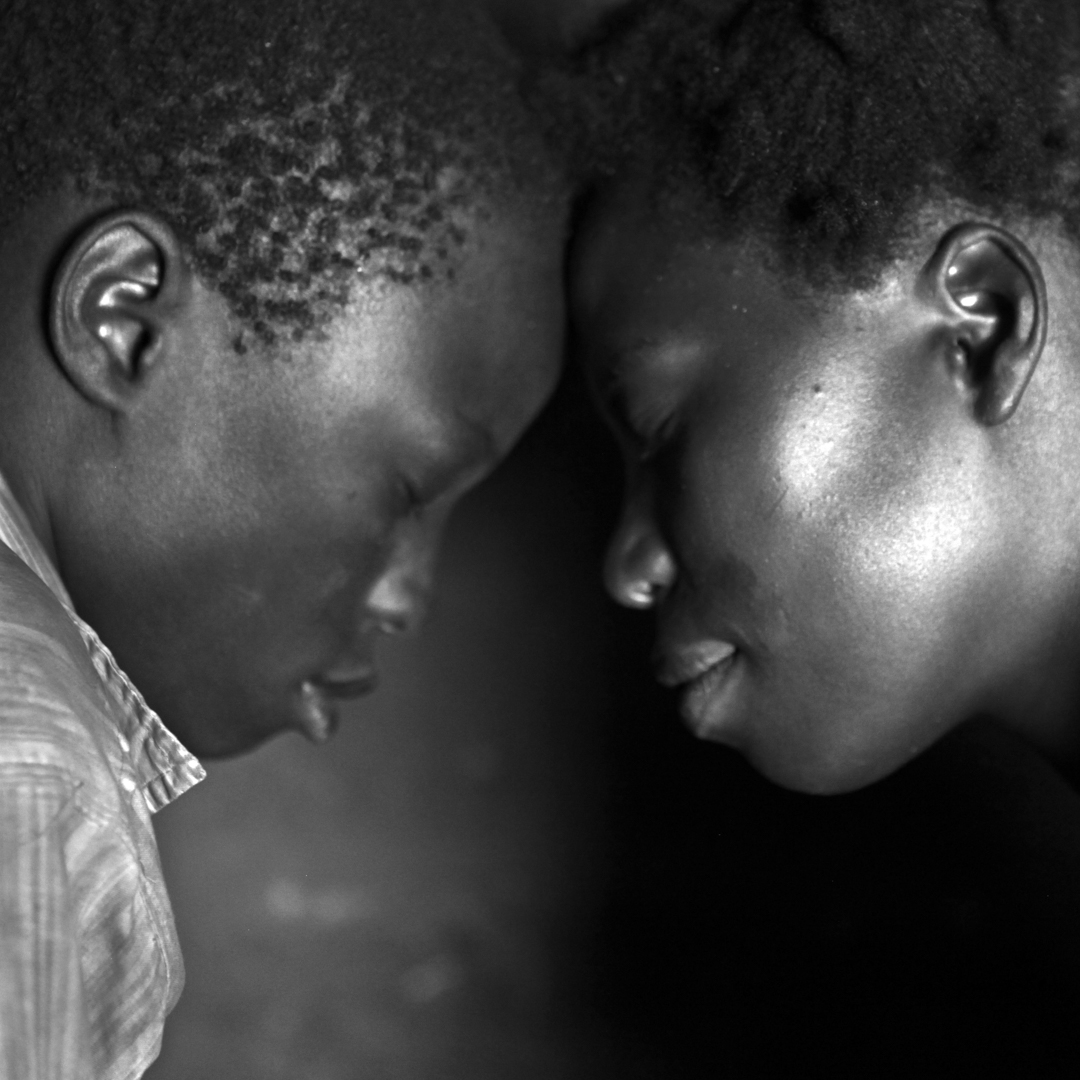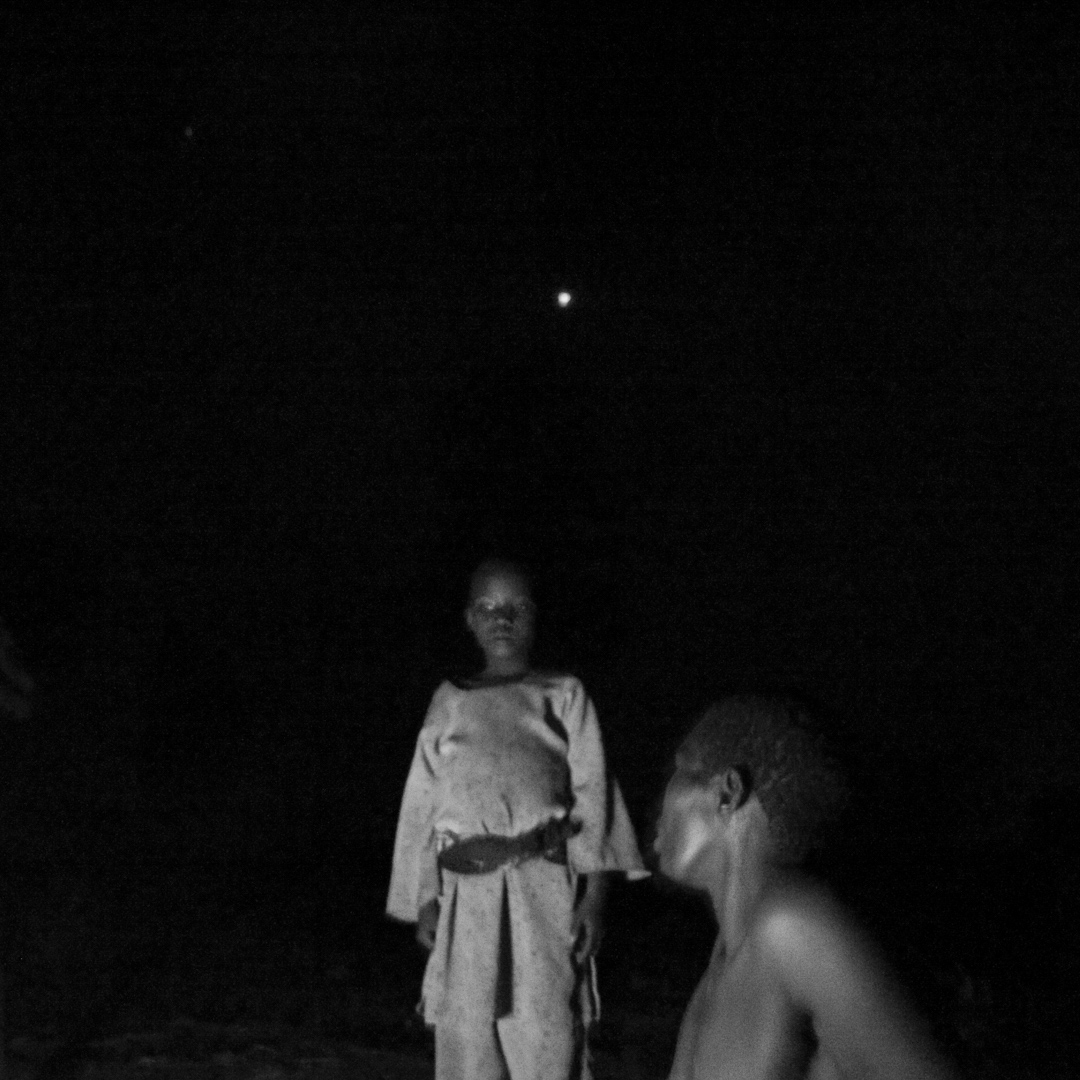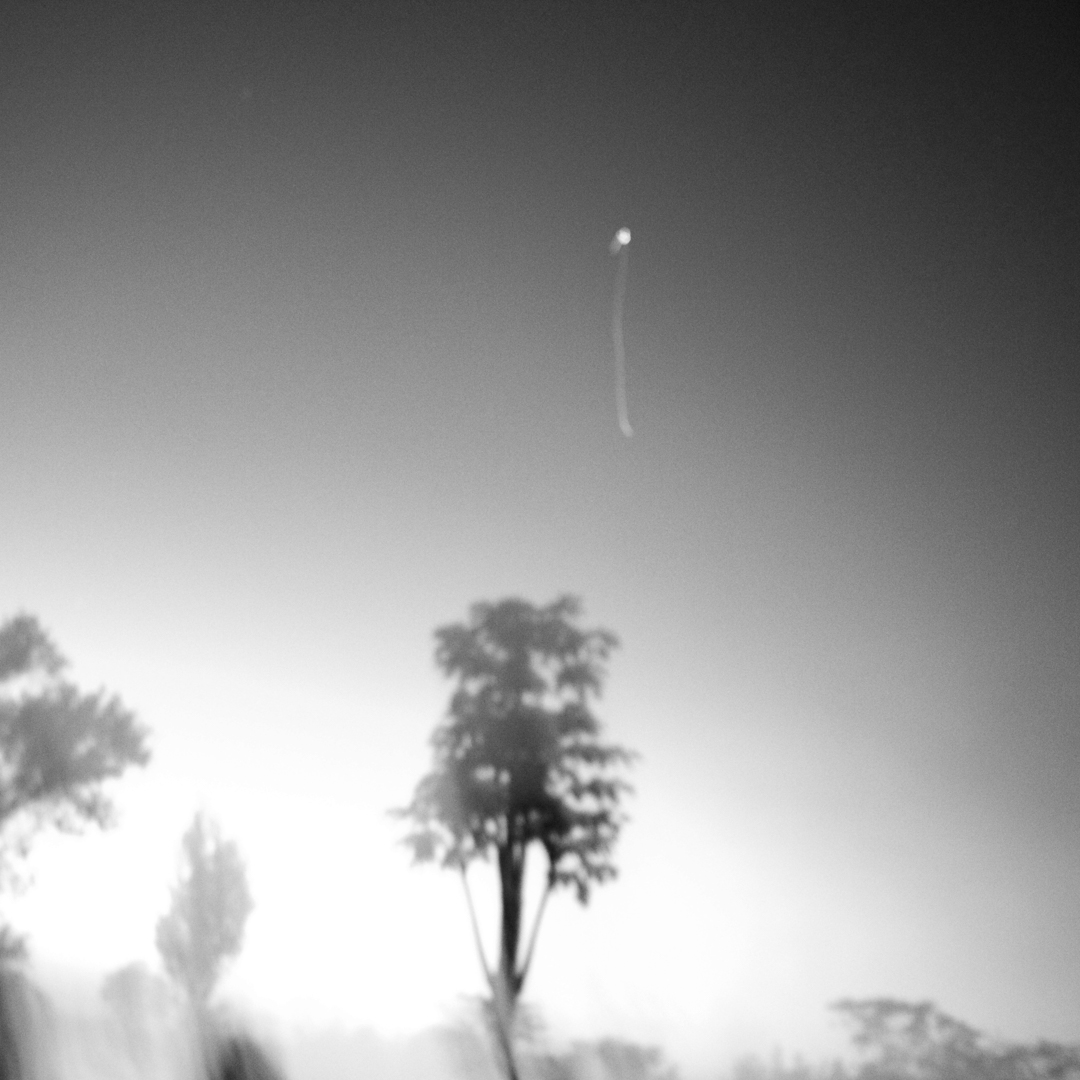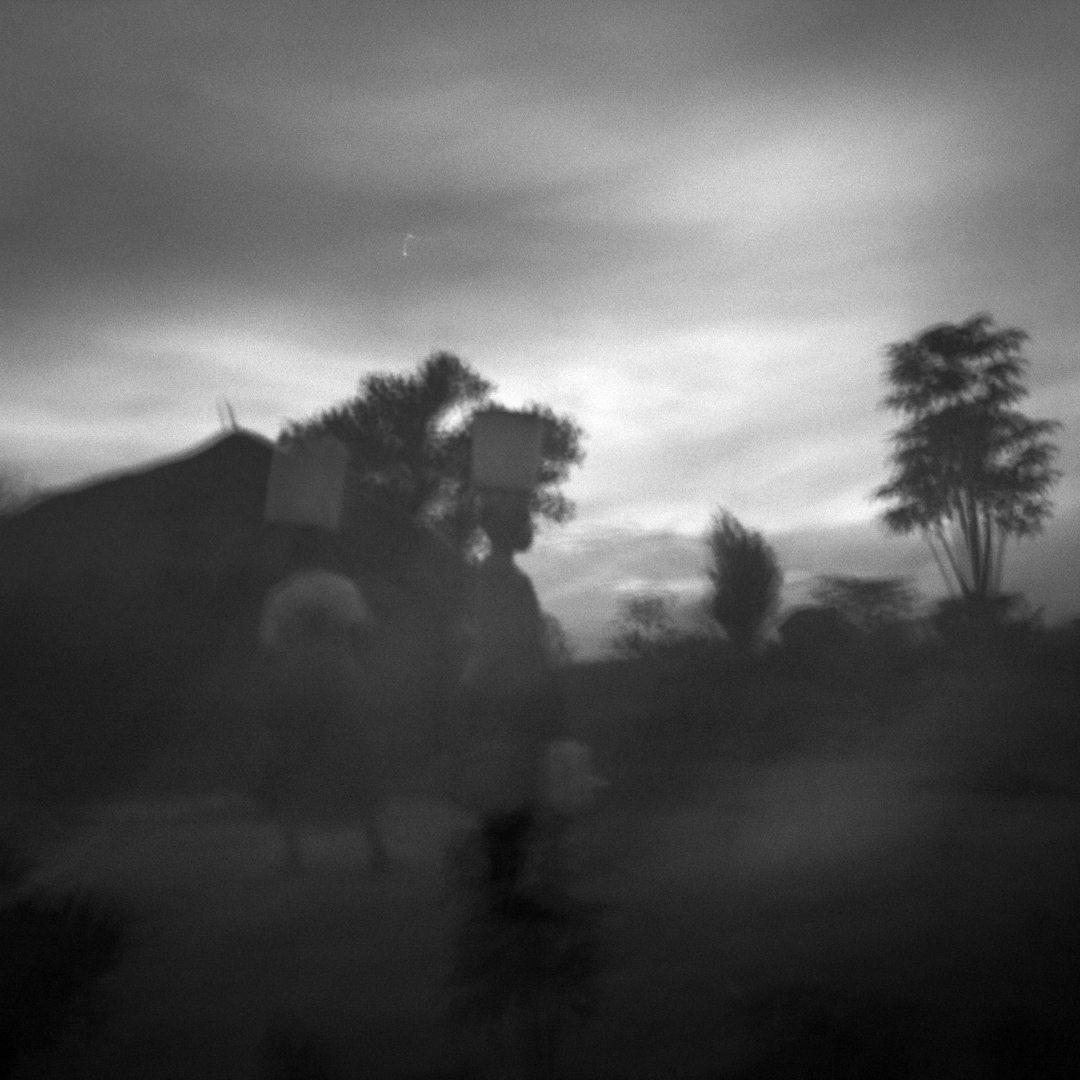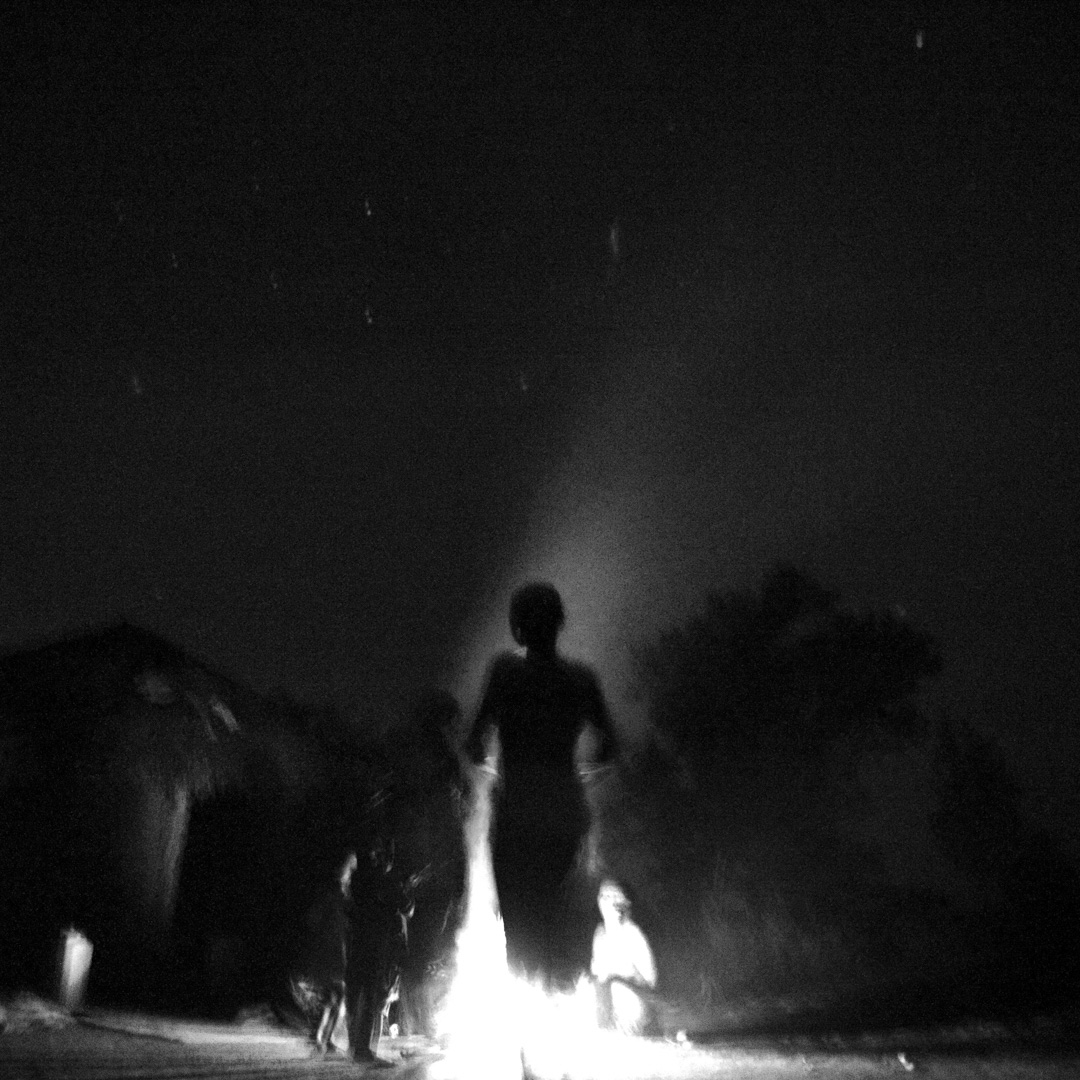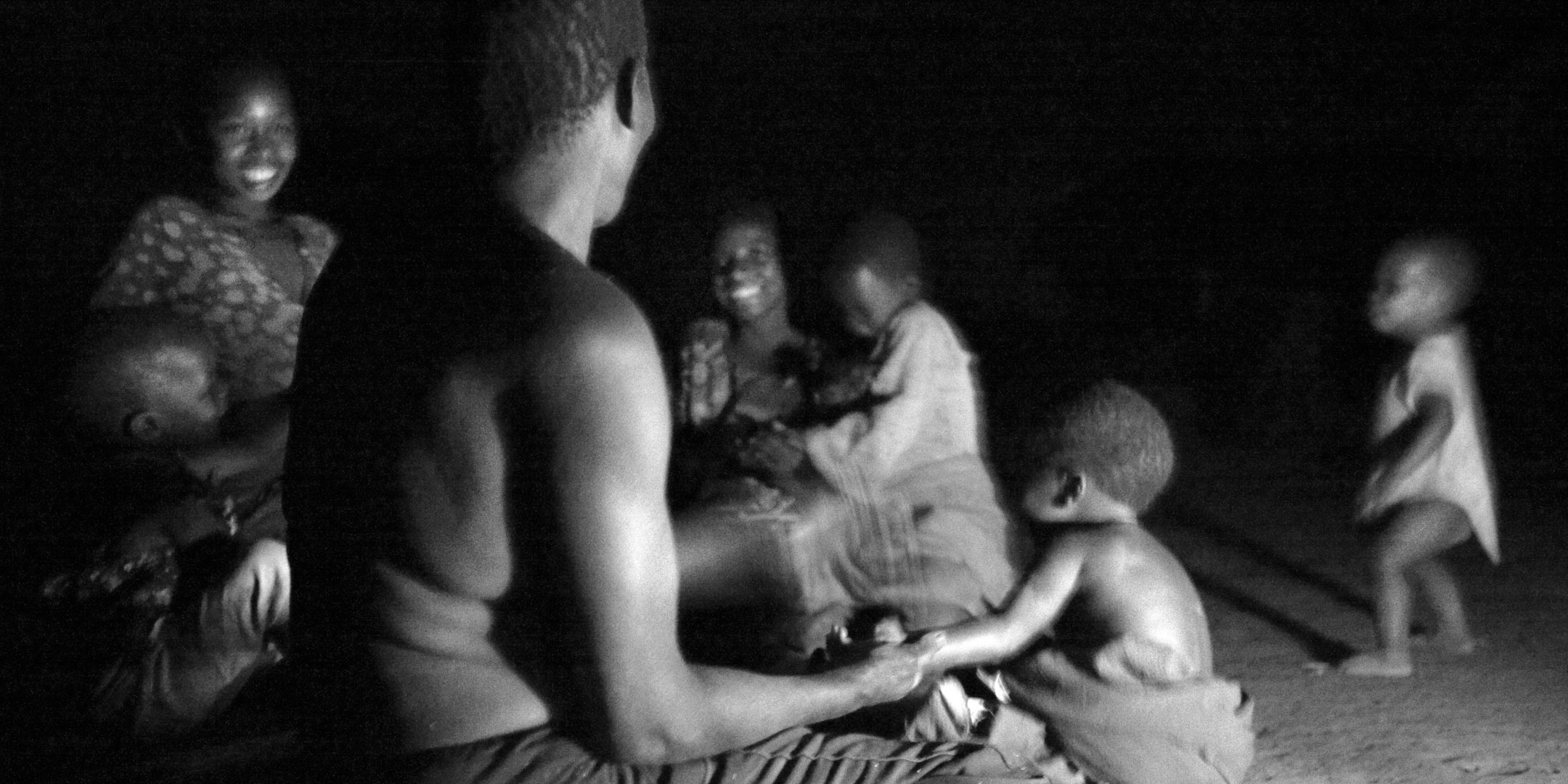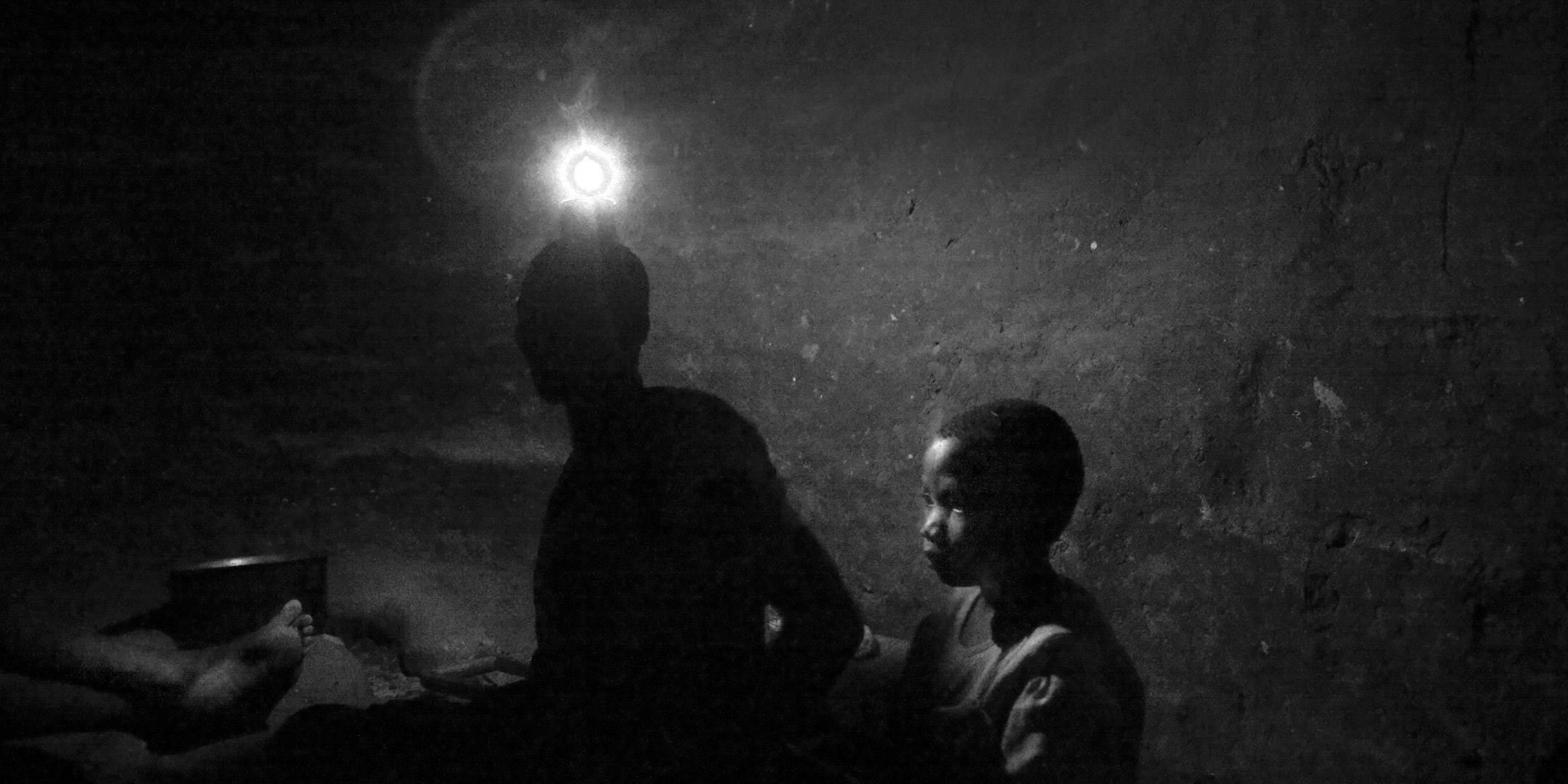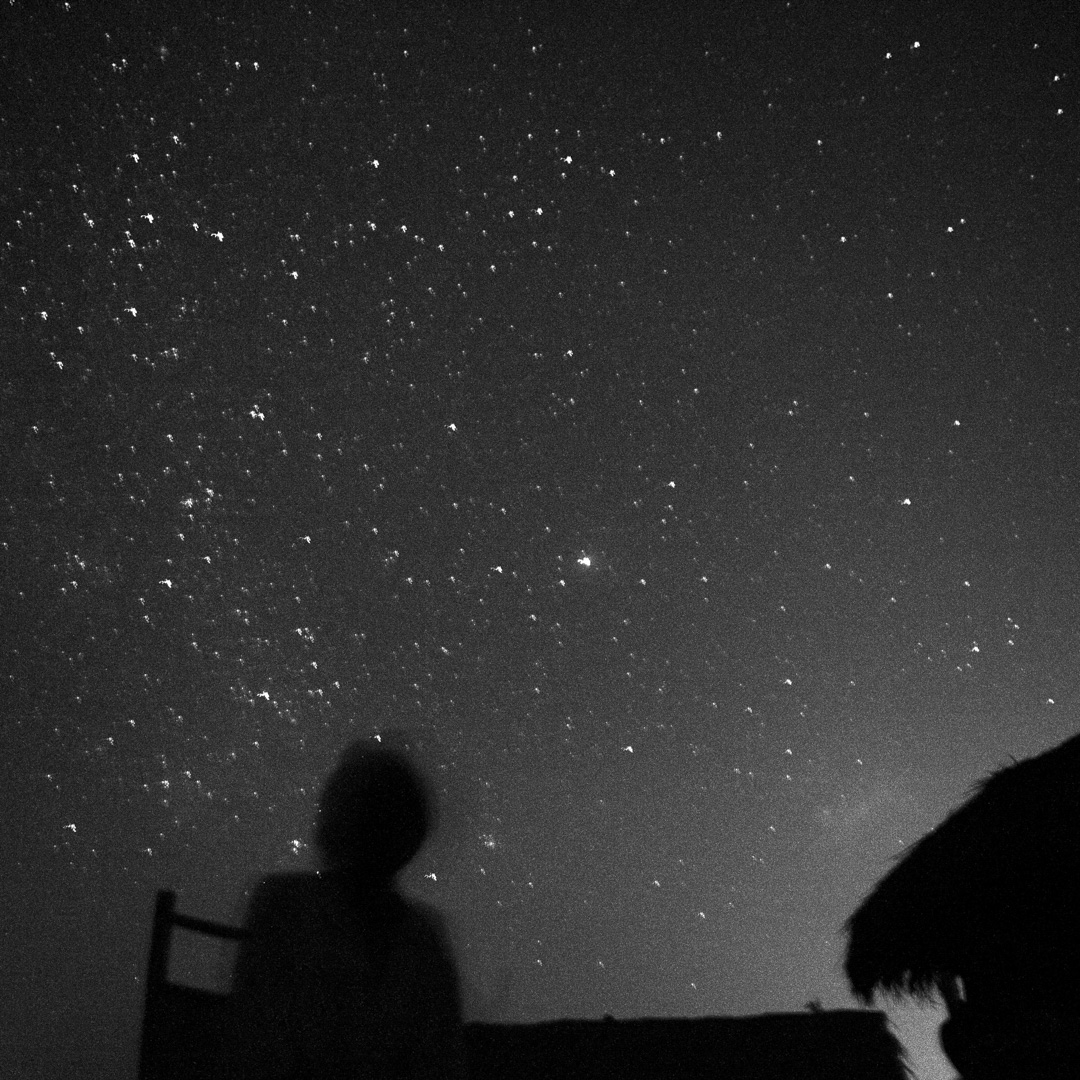Filda, 2012
The war between the Ugandan Army and the Lord’s Resistance Army (LRA) has been waged for more than twenty years. It has been described as the world’s worst forgotten humanitarian crisis and is now before the International Criminal Court for LRA massacres of civilians.
My name is Filda Adoch reports on the everyday life of a woman in the Gulu district, and shows the suffering the people of North Uganda. It is also the story of silent and extraordinary resistance.
Canon Female Photojournalist Award
Presented by the French Association of Female Journalists (AFJ)
« My name is Filda Adoch.
I am 53 years old. I was born in Along Village, Paidwe Parish, in Bobi Sub-county, Gulu district, where I still live today.
I had to stop school when I was fifteen, because my father refused to pay my school fees as he had a lot of women and couldn’t pay for all the children’s fees. I grew up with my mother, who was a farmer. One day a man came to see me and we got married and we produced two children. After 6 years of marriage he was taken away to Lujire prison in Kampala, as a suspect rebel. When Musseveni took power in 1986 the soldiers would often come into our area and abduct people saying that they were rebels. One day the came and they took all the men in the village: some were shot on the spot. I heard the shootings from the field, and I hid. My husband was found in the bush and taken into a hole where they used to put suspect rebels. After three days they brought them to Kampala and he died there. I never saw his body and I don’t feel in peace for this. My husband was not a LRA rebel.
After some time I met another man from Koch village and we got married and I had three children with him. A few years after, it was 1996 I think, while working in the field early in the morning, I stepped on a landmine.
The rebels had come during the night and had put landmines all over against the soldiers. But it had rained so I couldn’t see well the ground.
When I opened my eyes I was at the hospital and tried to get up and realized that a piece of my leg was missing. When I came back to the village after 3 months I learnt that my husband had been taken by the rebels and killed. In 2003 we were forced to move the IDP camp of Bobi.
The soldiers where beating us often: if we came back after curfew hours they would beat us and roll us in the mud or dump us in the swamp. They also trained our own children to beat people who were not on time. My own son was forced to beat my daughter one night that they were late in the camp. The rebels also came into the camp, twice. They abducted children and took our food: we were scared of both the rebels and the soldiers. In 2004 my son Okello during school break had to go back to school to collect the results of his year. The rebels ambushed the taxi he was on and he was killed. I wanted to go collect his body but my brothers and father refused to give me money for the transport. Some fellow women gathered some money and then I sold a goat and used up my savings and paid the transport to go collect my son. I brought him home and buried him near the house.
We left the camp a few years ago – we had to stay long because we had no money to build a new house. I am happy we are back home, because I am free here, I can do whatever I want.
I am taking care of my family, which is five children, two god sons, ten grand children, my mother and a brother. All the grandchildren come at my house because in their homes there is nothing to eat. I dig, go collect water, fetch the fire-wood, the hay, the cassa- va, then I come home and cook. I also take care of one cow these days. »
Filda, Along Village, January 2011
